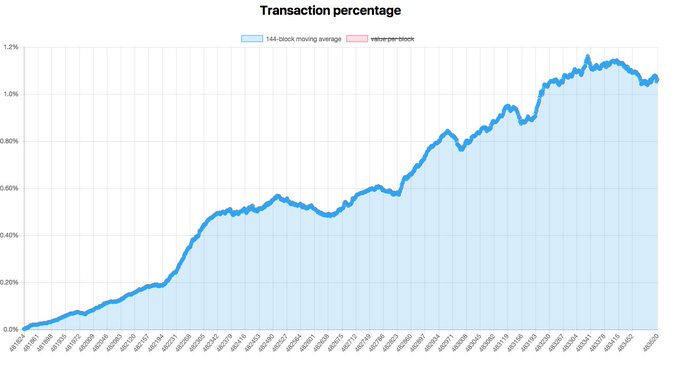With less than a quarter of Americans using cash in their day-to-day purchases, it’s more evidence that society is becoming an increasingly cashless environment.
On the other hand, cryptocurrencies are growing in popularity. However, most users only hold crypto to save and invest.
So with digital coins like Bitcoin, Ether and Litecoin becoming increasingly popular, why aren’t we seeing more widespread adoption?
Barriers
A majority of shoppers don’t see cryptocurrencies as a valid payment option, especially when it comes to physical purchases. To many, it’s too foreign a concept.
We grow up being taught the value of money and how to manage it. We are confident in its deemed value by being able to easily turn it into a tangible piece of paper or coin. When we want to exchange it for a product or service, there are no questions asked.
To take that mindset and change it, to trust and fully adopt a completely digital coin, can take some time.
Another big hurdle is getting merchants to accept digital currencies. It doesn’t help if people are willing to use cryptocurrencies in everyday payments but retailers won’t, or can’t, accept it.
The road to widespread adoption is a two-way street: payment and acceptance.
Big brands like Amazon, Microsoft and Apple are helping the cause by accepting and facilitating Bitcoin payments, but this is mostly for online transactions.
For physical in-store payments, merchants need the right infrastructure. This can be costly and time-consuming to implement. Not many businesses will risk this for a payment method that’s not seen mainstream adoption yet.
Debit cards encourage widespread adoption?
Cryptocurrency debit cards could bridge the gap between users feeling comfortable enough to use digital coins in their everyday lives, and merchants being able to accept them with existing infrastructure.
Most of us are happy to use a card to shop, this would not necessarily change if the card was connected to a Bitcoin account. It’s the payment method, not the underlying currency, which makes us feel at ease.
Both Visa and MasterCard have filed patents for transaction systems that use Blockchain technology, and have been experimenting with these types of payments for some time now.
The fact that established payment companies are getting on board means that existing infrastructure can be used without requiring additional work on the merchant’s end. The customer can therefore pay in a chosen cryptocurrency, while the merchant still receives payment in a fiat currency like Euro.
Opponents will often cite volatility as the number one reason for not seeing widespread adoption. It is true, cryptocurrencies can fluctuate wildly, but this is no different than what is happening to the price of fiat currencies.
Just look at what has happened to one of the world’s strongest currencies, the pound, in the last year as a result of changes in the political environment. Cryptocurrencies like Bitcoin and Ether are still young. It’s only a matter of time for them to settle into the market and for prices to stabilize.
Users are comfortable using their debit cards through current payment channels, and merchants have the right infrastructure to accept such payments. If existing payment gateways can continue to develop and facilitate crypto transactions, we will see a much wider adoption of cryptocurrencies in day-to-day life.
There are currently more than 30 crypto debit cards available from different providers.










